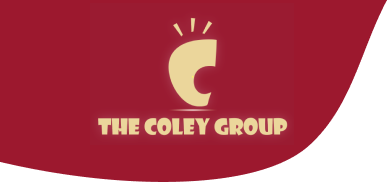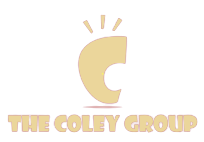The Small Business Administration (SBA) offers a number of different funding options for small businesses looking to make their mark in the world. The most common loan in their portfolio is the SBA 7A loan. When deciding which program to apply for, more small business owners choose this program due in large part to the versatility it offers.
In many cases, funds secured through a 7A loan are used to purchase real estate, but these funds can also be used as:
- Working capital
- Refinancing or consolidating debt
- Supply or equipment purchases
The maximum loan amount is $5 million and as is the case with all of the loans in the SBA program, the rates and repayment terms are favorable. If you’re thinking about applying for an SBA 7A loan, there are a few things you’ll need to keep in mind.
First, do your research and find a lender you’re comfortable working with. Discuss your ideas and make sure you’re all on the same page. Once you’ve settled on a lender, you’ll need to complete SBA Form 1919. This form, often referred to as the Borrower Information Form, is the first step in the process. Next, the lender will ask for your background and financial statements using SBA Form 912 (personal history) and SBA Form 413 (personal financial history). These two forms are essential in helping to determining your eligibility.
The lender will next ask to see the financial statements for your business. This will include a profit and loss statement showing financial activity for the last 6 months. Lenders will also ask for your projected financial statements and a clear narrative on how you plan to reach the goals outlined in these documents. This is an important part of the process so by all means, take your time and be as detailed as you can as these pieces of information will play a major role when it comes to deciding whether you are a worthy investment.
Lenders will also want to know more about the structure of your business. Are you an LLC, sole proprietorship, or is your business a partnership? If there are partners, what’s the controlling interest breakdown for each of the partners? In addition to these things, lenders will also want to hear more about any affiliations you may have formed and how they impact the business. Any business licenses you or your partners hold will need to be shared too.
You made your choice of lenders by doing research and now, they’re going to want to know a little more about you and your team if you have one. The best way to find out is through a resume so take the time to update yours and present a polished, professional document for each member if necessary. Be as thorough as possible and remember, the resume is part of the case you’re building to secure funds so work to put your best business foot forward.
Lastly, be prepared to discuss any loans you’ve taken out or applied for recently. Have your personal and business taxes on hand as the lender will surely want to review the last three years of these documents.
The SBA 7A loan program represents an amazing funding option for small businesses of all types. Aside from the items listed above, your lender will also want to see a business plan. This plan should include a history of your business, where you see it heading, and how the loan you’re applying for can help you. The Coley Group is adept at developing plans for applicants looking to secure funds through the SBA and when the time comes to begin your application, we’d welcome the opportunity to assist. For more details on how we can help, contact us at 817-813-1929 or visit us on the web at Business Plan Writers: SBA Business Plans | Business Plan for Investors (coleybusinessplans.com)


